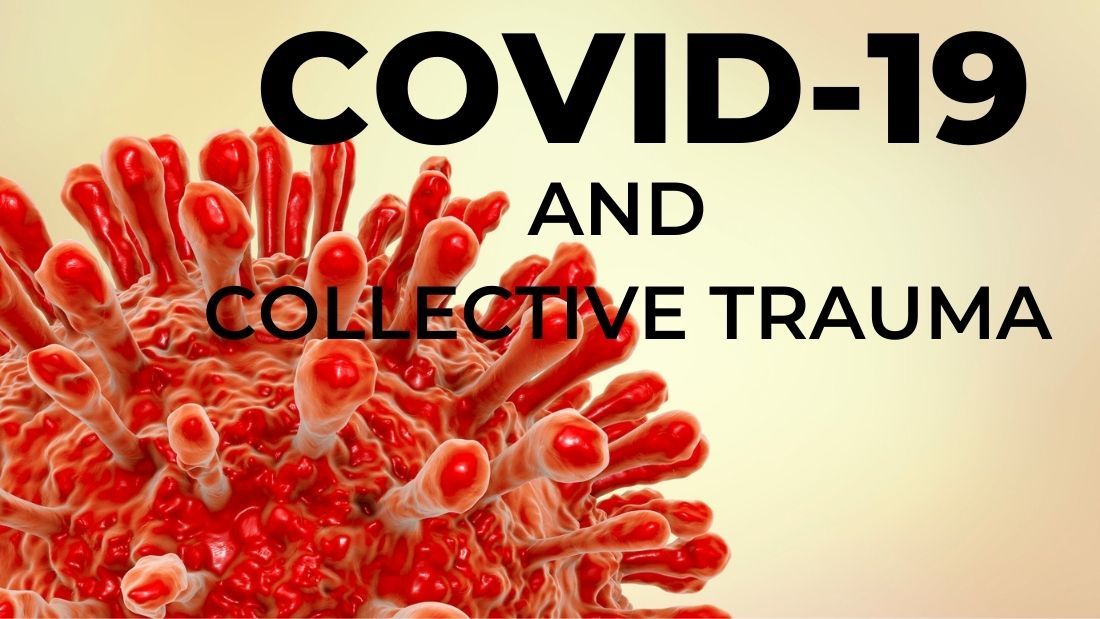Collective trauma response

This is an interesting essay by Ana Marie Cox on the extent to which the events of the last seven years in the USA — meaning mainly Trump, but also the pandemic, the opioid and gun violence epidemics, the climate crisis, etc., have created a kind of mass trauma response in the population as a whole, or at least that part of it that consumes a lot of news media:
So, what if the reason so many people identify as trauma survivors is that they are? What if the horrors of the last seven years do translate into a nation that is suffering more than mere political dysfunction? What if the polarization, paranoia, conspiracism, and hopelessness that bog us down have a more holistic origin than structural malfunctions or individual malfeasance?
What if our entire national character is a trauma response?
Before you say “bullshit,” remember: Cynicism is a trauma response.
I do think that the media ecosystem, and most especially the right wing noise machine/echo chamber, is increasingly creating a kind of hyper-stressed collective mental state among many Americans, who are being told constantly that things are really terrible and getting worse.
Now in some ways this is actually true of course: the US is far, far closer to sliding into some sort of fascistic anti-democratic authoritarianism today than it was seven years ago. The OD epidemic is very real. America does have crazily high levels of gun violence relative to civilized countries. The climate crisis is a massive multi-generational crisis that isn’t going away any time this century, short of a technological miracle.
On the other hand, the way the media environment magnifies the fears and anxieties these very real problems trigger is itself a kind of meta-crisis, creating a culture of fear, paranoia, conspiracism, and pervasive distrust.
Anyway it’s a very thought-provoking essay, well worth reading, although doing so could be a bit traumatizing (how postmodern).


